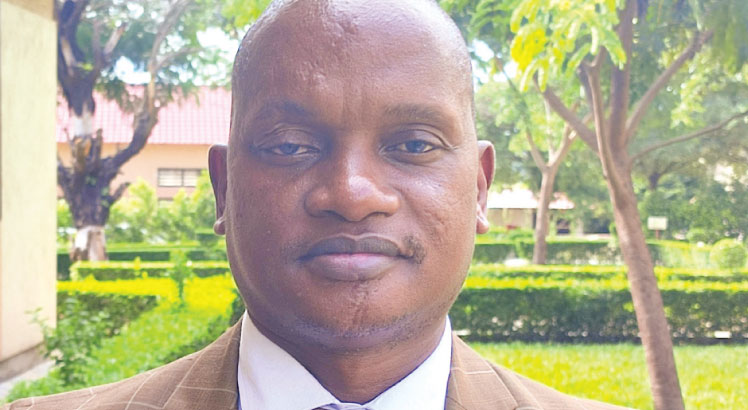Stakeholders lament delays in land justice
Some stakeholders have lamented delays by the Malawi Government to establish dispute settlement structures to address land disputes under the Customary Land Act of 2016, describing the situation as a crisis.
Following the enactment of new land laws, government was, among others, expected to establish structures for access to justice such as customary land committees, customary land tribunals and district land tribunals, but it is yet to do so.
But speaking during a multi-stakeholder dialogue on promoting access to justice in the land sector in Salima on Friday, the stakeholders observed that with the absence of the structures, people have nowhere to go with land disputes.
This, they said, has created a huge crisis in the access to justice, particularly by the historically marginalised groups, including women and those living in poverty.

In his presentation, Ministry of Lands Land Reform Implementation Unit acting team leader Masida Mbano said only 10 district land tribunals have been established out of 28 and that 40 customary land tribunals have been formed out of 403 traditional authorities (T/As).
He said 200 customary land committees have been created out of the 403 T/As across the country.
Said Mbano: “We were piloting the project; hence, the delays. As a government we understand the structures are needed in order for justice to be accessed by the villagers, and now we have a national rollout plan and we are looking at methodologies on establishing the committees.”
According to the law, a group village head (GVH) shall chair customary land committees and six other people from the community shall be elected as members.
For customary land tribunals, a T/A shall be the presiding chairperson and six people, three of them women, nominated by the T/A and approved by the district commissioner.
The district land tribunal shall be presided over by the most senior T/A in the district and will also have three T/As and a resident magistrate.
In his contribution, Youth and Society executive director Charles Kajoloweka said with the absence of the structures, women and those living in poverty are the most affected.
He said: “This is like a double jeopardy because the idea of creating the laws was to enhance justice and, therefore, it is important that the government upholds its obligation of facilitating access to justice to the people.
“These structures are not for luxury, they are for people to survive and it is disheartening because a number of cases are piling up because people have nowhere to go.”
On her part, Centre for Environmental Policy and Advocacy programme officer Gloria Majiga-Kamoto observed that both the courts and chiefs are no longer recognised in the new land laws to resolve land-related disputes under customary land which means technically there is no mechanism.
The meeting was organised by Malawi Human Rights Commission and National Land Coalition to explore and agree on concrete solutions to promote access to justice and remedy in the context of absence of full operationalisation of decentralised customary land dispute settlement structures.





